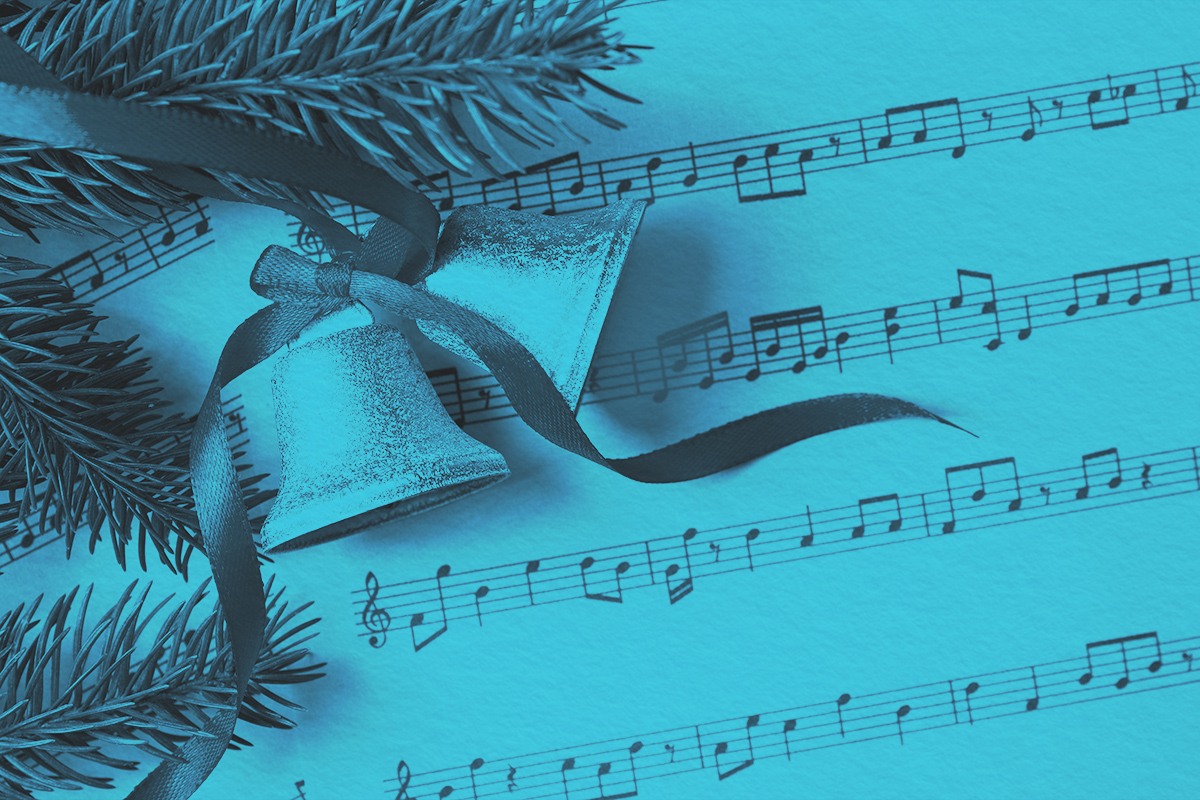
The end-of-year holiday season is a joyful time for many — but it can also be busy and a bit stressful. From decking the halls to stuffing the turkey, there’s no shortage of duties to attend to. But there’s also no shortage of fun and quirky words from around the world that are unique to these activities and festivities. Whether you’re a yuleshard having to scurryfunge, or suffering from abbiocco while using a yule-hole, here are some of the best words to use at your next holiday gathering.
Italians have the perfect word for how many feel after a holiday meal. Abbiocco refers to the drowsiness that occurs after a large meal, making it distinct from simple sleepiness before bedtime. Abbiocco also involves a state of pure relaxation while delaying responsibilities, something that tends to occur on holidays. The word originated in central Italy from two verbs, abbioccare and abbioccarsi, meaning “to exhaust” and “to doze off,” respectively.
A bummock is an alcoholic beverage brewed to enjoy at a “merry meeting” — aka a holiday party. This Scottish drink has been around since at least the early 19th century, but an 18th century definition of “bummock” (sometimes spelled “boumack”) is “an entertainment anciently given at Christmas by tenants to their landlords.”
The quaaltagh is the first person one encounters on New Year’s Day. This word is Manx, an ancient language from the Isle of Man in the Irish Sea. The root of this term is quaail, meaning “to meet.” Quaaltagh originally referred to a group that gathered around the holidays to go caroling, but the tradition evolved and the word began to refer to the first-footer, or the first person who entered the door in the new year. By the mid-19th century, quaaltagh took on its current meaning, “the first person to cross the threshold,” usually on New Year’s Day.
Schnapsidee is a German word that translates literally as “booze idea,” something many people have during the holidays. It’s a ridiculous, ill-advised idea that sounds like it was made up during a drunken state — sledding off the roof at a holiday party, for example. (Don’t do that!) Germans tend to use the word to describe any outlandish idea, though, whether alcohol was involved or not.
To scurryfunge is to hurriedly clean the house before company arrives. This word has had a looser meaning of “to move rapidly” since the early 19th century but likely wasn’t used in the sense of a rapid cleanup until the 1950s, when it appeared in U.S. regional dialects. One definition was included in the 1975 book Maine Lingo by John Gould: “a hasty tidying of the house between the time you see a neighbor coming and the time she knocks on the door.” “Scurry” means “to move in or as if in a brisk pace,” but “funge” remains a bit of an etymological mystery.
It’s easy to overindulge during holiday meals, and those who do might need to take advantage of a yule-hole. According to the Oxford English Dictionary, a yule-hole is “the hole in the waist-belt to which the buckle is adjusted, to allow for repletion after the feasting at Christmas.”
Someone doing their Christmas shopping on December 24 is the epitome of a yuleshard — a person who waits until the last minute to finish preparations for the holidays. This Scottish word dates to at least the mid-18th century. “Yule” is a synonym for the Christmas season, and “shard” is a corruption of the word “jade,” but not the beautiful green gemstone. “Jade” has been used since the 16th century as an insult in Middle English, referring to a worn-out horse.

















